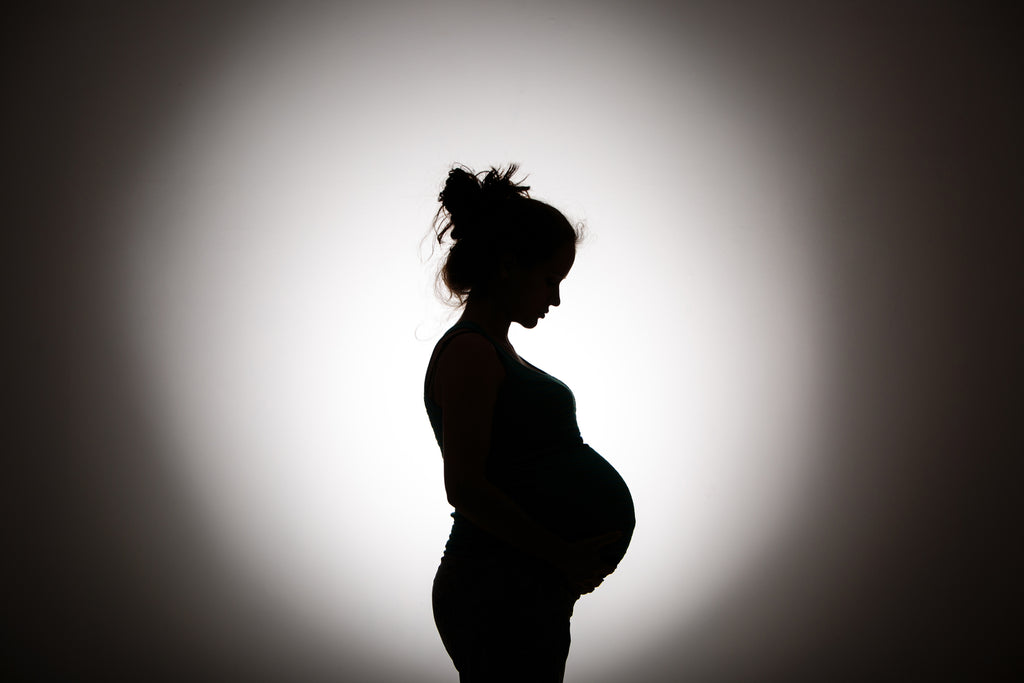Even with advances in fertility treatments, in some cases doctors are still unable to pinpoint the reason behind infertility. As a result, research into fertility continues. In a recent finding, another potential piece of the fertility puzzle has been identified. Our biological compatibility has an effect on human sperm function.

Biological compatibility is a form of genetic compatibility between two people. It’s comprised of HLA (or Human Leukocyte Antigen) genes which form part of our immune system. In biological compatibility, the more different two people’s HLA genes are, the more likely they are to experience physical attraction. The theory behind this relates back to fertility and it has been shown that couples with different HLA genes have higher fertility rates (1,2). Now the research is starting to understand how differing HLA genes between partners can affect fertility.

For fertilization to occur, a sperm must reach the egg. To help in this process, the female body produces cervical mucous which helps sperm survive longer allowing for a greater chance of fertilization. In this finding, the HLA composition of cervical mucous from 9 women and sperm from 8 men were analyzed. The scientists then combined cervical mucous and sperm in all the different possible variations. The finding? Sperm were more likely to survive in cervical mucous when their HLA composition was different from the HLA composition of the cervical mucous.

This finding suggests that HLA composition of the sperm and cervical mucous affect fertility. This underlying effect starts to explain why having strong biological compatibility with your partner leads to increased fertility. Further research measuring how much effect HLA composition of the couple has on fertilization will continue to shed light on infertility issues and provide another avenue to development fertility treatments.

References:

